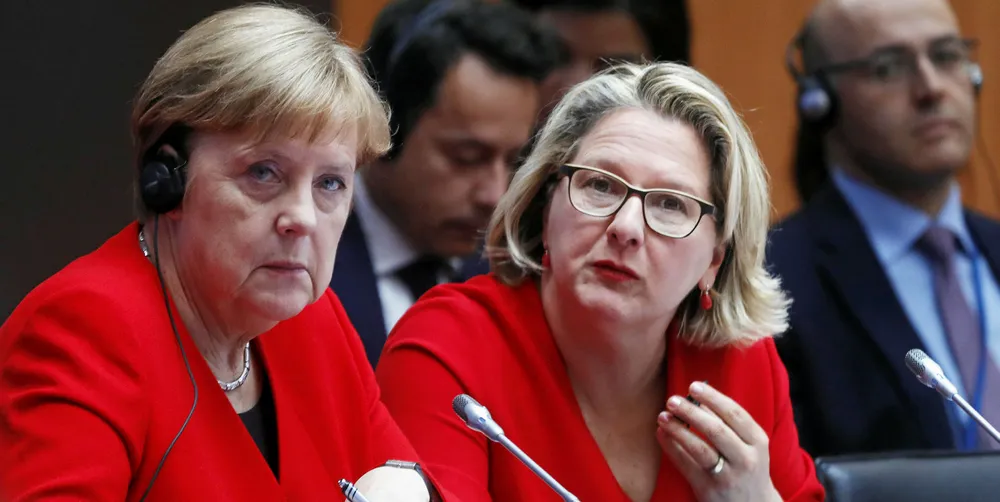Renewables may profit from chaos in Germany's coalition
Social Democrats back new party leaders who threatened to leave the government unless climate policies are boosted

Social Democrats back new party leaders who threatened to leave the government unless climate policies are boosted
